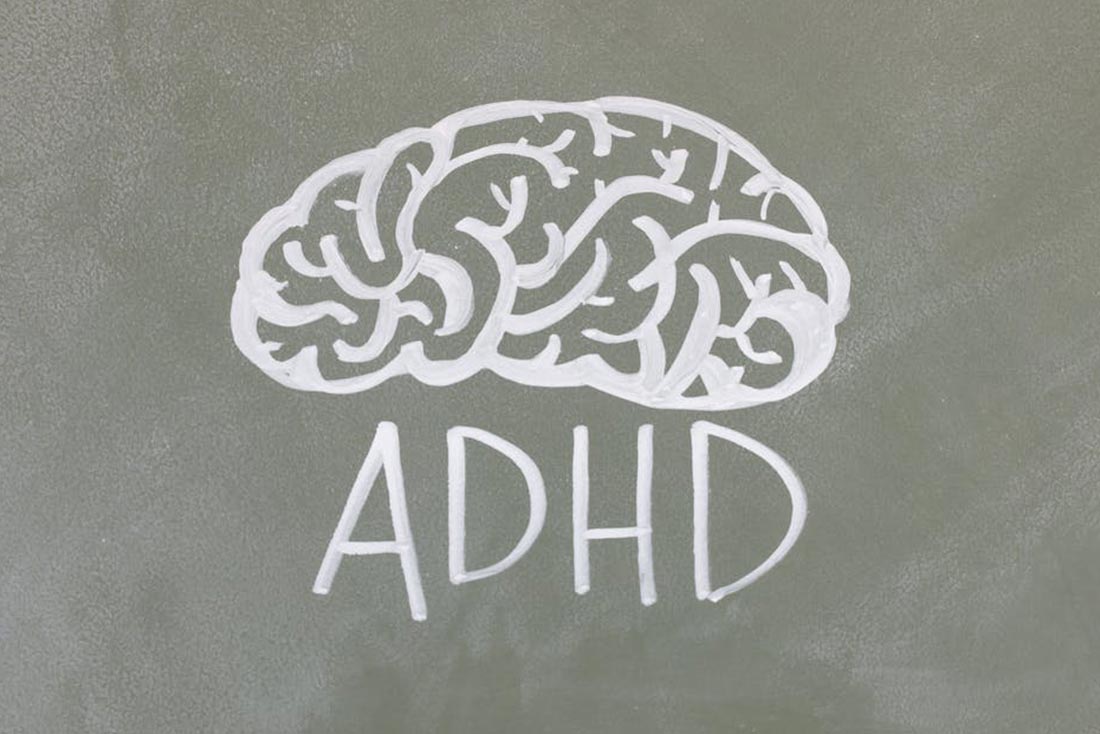
- November 30, 2022
- Center for Developmental Psychiatry
What You Should Know About ADHD Treatment for Adults
It’s estimated that around 4.4% of adults have ADHD. Approximately 25% of these people don’t receive treatment for their disorder.
So, that begs the question: what is treatment like for adults? Or, in other words, what is the proper adult ADHD treatment? We’re going to go into the specifics below, discussing medications, therapies, and more.
Therapy for Adult ADHD Treatment
A key part of treatment for adult ADHD is therapy. Affected individuals need to speak with a therapist on an ongoing basis, as this will enable them to get to the core of their problems as well as discover ways to combat said problems.
There are a number of different types of therapies used in the treatment of ADHD. Some of the most commonly used therapies include:
Talk Therapy
The treatment of adult ADHD almost always involves talk therapy. This is the simple practice of conversing with a therapist, telling them about the problems you’ve encountered in the past as well as the problems you’re encountering currently.
Your therapist will listen to your problems and then help you devise solutions for working through them. They’ll also serve as someone to lean on during particularly hard times.
Those with ADHD tend to encounter a range of issues due to their condition. For instance, they might have trouble with relationships, employment, and reaching their goals. They might also suffer from long-term self-esteem or confidence issues due to past trauma.
All of these issues can be combated with the help of a talk therapist. Having a compassionate and skilled professional to speak with on a regular basis serves as a foundational bedrock of one’s ADHD treatment.
Cognitive Behavioral Therapy
Another big component of ADHD treatment is cognitive behavioral therapy or CBT. This therapy involves focusing on the patient’s worldview so as to identify areas in which they might possess displaced negativity. Once these areas of displaced negativity have been identified, the patient and the therapist work together to re-frame them in a more positive or realistic light.
CBT is often necessary for those with ADHD as the struggles associated with the condition can often result in trauma. This trauma tends to darken the patient’s perceptions in specific situations, therefore resulting in even more problems.
For instance, a child’s ADHD might have resulted in them being subject to chronic bullying. This would undoubtedly have an effect on the child’s worldview, and that effect would almost certainly carry over into adulthood.
CBT will help the adult patient to confront these traumas and therefore gain a better understanding of how they’ve affected their life.
Family Therapy
In some cases, family therapy becomes necessary as well. This is due to the fact that the effects of ADHD can cause interpersonal issues between family members. For instance, a parent might have trouble communicating with a child or spouses might have trouble communicating with each other.
When conflict arises between family members, it stands to cause even bigger issues between the involved parties. It can exacerbate the effects of ADHD, resulting in a feedback loop that’s difficult to break free from.
Family therapy offers family members an opportunity to talk out their problems in a controlled and regulated manner. The therapist will guide them through these problems by identifying their source, and then offer ways to counteract said problems over time.
Medication for Adult ADHD
In a good many cases, adult ADHD patients will be prescribed medications to help deal with condition-related problems. Some of the most commonly prescribed medications include:
Stimulants
The most commonly prescribed medications for ADHD are stimulants. Stimulants help treat ADHD by boosting neurotransmitters in the brain. In doing so, they create greater focus, preparedness, and mental acuity.
There are all types of stimulants prescribed for ADHD. Some of the most commonly prescribed stimulants for ADHD include amphetamines and methylphenidate.
Antidepressants
Some patients struggle with taking stimulants, as their side effects can be strong. These patients often benefit from taking antidepressants instead. Some of the most commonly prescribed antidepressants for ADHD include Venlafaxine, desipramine, and imipramine.
How do antidepressants help with ADHD? By increasing dopamine levels in the brain. This has the effect of regulating attention span and thus allowing those with ADHD to practice a greater focus on the world around them.
Atomoxetine
The last medication we’re going to discuss is atomoxetine. This medication is specifically designed to treat ADHD, particularly in terms of improving cognition.
By taking this medication on a regular basis, patients will experience reduced restlessness and increased focus. As such, they’ll be able to think more clearly and perform at a higher level in every aspect of life.
Self-care for ADHD
Outside of professional treatment for ADHD, you should also engage in self-care for the condition. First and foremost, you need to make sure that you’re getting adequate sleep. Try to get 7 to 9 hours every night, and, if possible, maintain a scheduled bedtime.
In addition, try to exercise 3 to 5 times a week for 30 minutes or more at a time. This could be a walk, a run, weight training, or otherwise. Note, though, that those with ADHD can benefit from being out in nature.
Finally, you need to try to maintain a balanced diet. Keep junk food to a minimum and eat small meals every 3 hours.
Looking for ADHD Treatment in Teaneck?
Are you an adult with an attention disorder? Maybe you have a child with ADHD? Regardless, if you’re seeking treatment for attention deficit hyperactivity disorder, and if you’re in the Teaneck, New Jersey area, the Center for Developmental Psychiatry has you covered.
We’re well-versed in the treatment of ADHD, doing so through both therapy and the administering of medications. Our friendly and experienced team will do everything possible to help you combat your condition.
Contact us today to schedule an appointment!